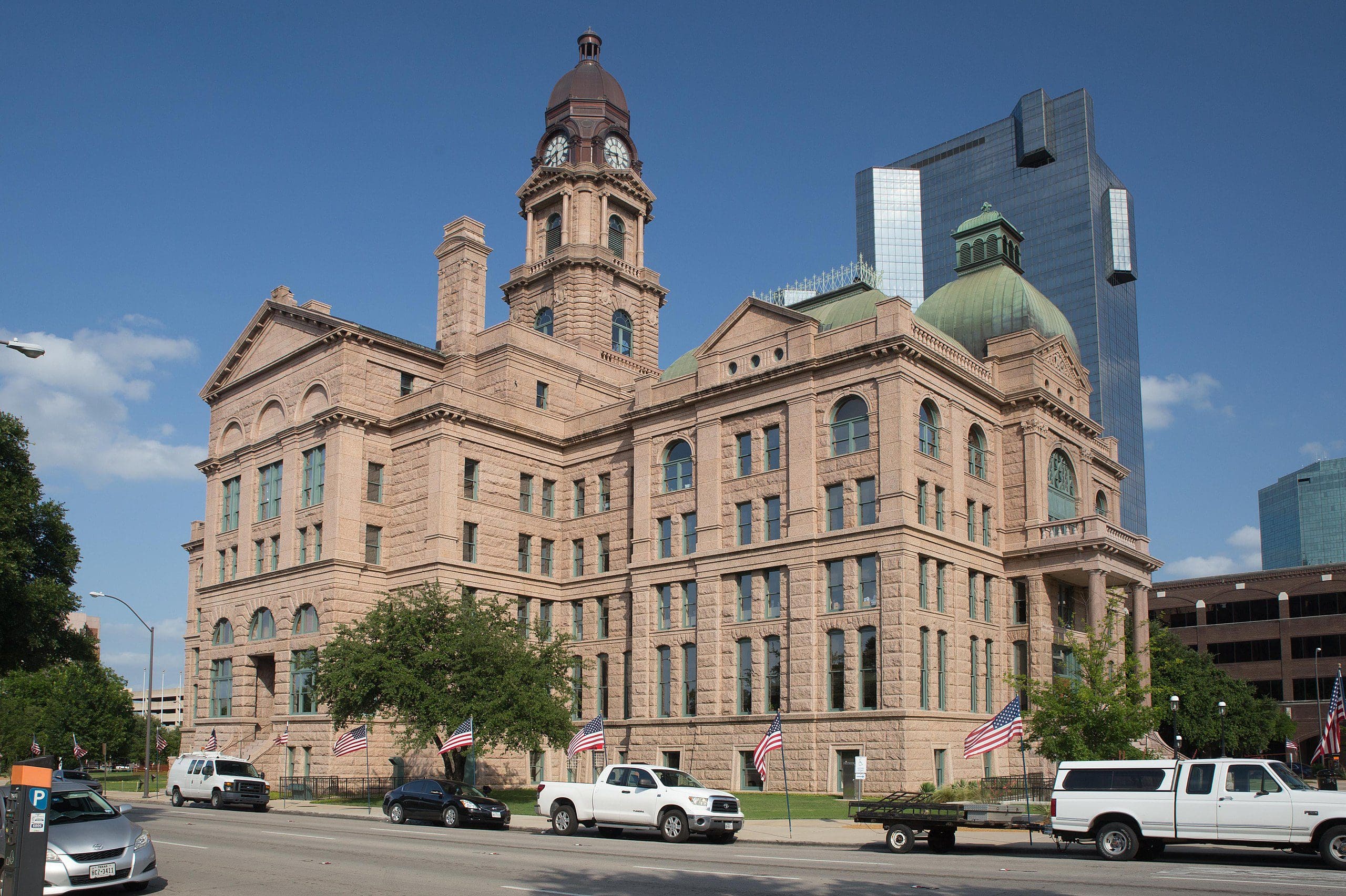Updated to reflect the current status of Senate Bills considered by the overall Senate on 8/10.
Texas’ second special legislative session began on Saturday, and just four days into the session, the Senate is on track to consider the entirety of Gov. Greg Abbott’s special session agenda.
In contrast, the House of Representatives attempted to gavel in on Saturday but once again lacked a quorum (the appropriate attendance necessary to conduct legislative business) and quickly adjourned until Monday. Trying again Monday, the House still lacked a quorum, marking 28 consecutive days of paralysis. After waiting two hours for absent lawmakers to trickle in, State Rep. Tony Tinderholt (R–Arlington) motioned for a “call of the House,” locking the doors and directing the sergeant-at-arms to send for absent members.
As the special session began, the Senate had all 31 members present and quickly moved to refer bills related to Abbott’s agenda to their respective committees. Almost simultaneously, they suspended their own rules to allow for the consideration of those bills over the weekend.
How Quickly Are They Moving?
By the end of the weekend, Senate committees had already considered 12 bills related to Abbott’s agenda.
On Monday, the Senate made quick work of some of those bills and voted seven out of their chamber. This included two bills related to bail reform, an emergency priority of Abbott’s that died in the waning days of the regular legislative session. It also included a so-called “13th check” for beneficiaries of the Teachers Retirement System of Texas, three bills related to property taxes, and a bill seeking to delay primary elections and candidate filing periods as a result of a postponed redistricting process at the hands of slowed census data.
Committees also continued meeting and voted out the omnibus election integrity bill, another of Abbott’s emergency legislative priorities and the impetus for much of the attention surrounding the recent quorum breaks in the opposite legislative chamber. Committees also considered bills relating to family violence, youth sports, abortion-inducing drugs, and a potential change to what constitutes a legislative quorum itself.
On Tuesday, the Senate committees considered a bill seeking to preempt a patchwork of local government regulations against business employment practices and benefit distribution, as well as bills related to social media censorship and improvements to the supposed ban on critical race theory passed in the regular session.
The overall Senate considered three bills on Tuesday, fully passing the bill related to family violence and passing both the youth sports bill and the bill related to abortion-inducing drugs to 3rd reading, for final consideration Wednesday.
SB 1 – Election Integrity: Passed Senate State Affairs Committee on 8/9
SB 2 – Youth Sports: Passed Senate on 2nd Reading 8/10
SB 3 – Critical Race Theory: Passed Senate State Affairs Committee on 8/10
SB 4 – Abortion-Inducing Drugs: Passed Senate on 2nd Reading on 8/10
SB 5 – Social Media Censorship: Heard in Senate State Affairs Committee on 8/10
SB 6 – Bail Reform: Passed Overall Senate on 8/9
SB 7 – 13th Check: Passed Overall Senate on 8/9
SB 8 – Appropriations: Property Tax Relief: Passed Overall Senate on 8/9
SB 9 – Family Violence: Passed Senate on 8/10
SB 10 – Article X Funding: Heard in Senate Finance Committee on 8/7
SB 11 – Supplemental Appropriations: Heard in Senate Finance Committee on 8/7
SB 12 – Appropriations – Property Tax Relief: Passed Overall Senate on 8/9
SB 13 – Primary Elections: Passed Overall Senate on 8/9
SB 14 – Employment: Passed Senate Business & Commerce Committee on 8/10
SB 15 – Education: Passed Senate Education Committee on 8/10
SJR 1 – State Legislature: Passed Senate Special Committee on Constitutional Issues on 8/9
SJR 2 – Appropriations: Property Tax Relief: Passed Overall Senate on 8/9
SJR 3 – Bail Reform: Passed Overall Senate on 8/9
What Does it All Mean?
A special called legislative session can last up to 30 days.
The Texas Senate is on track to have initially considered all of the bills on Abbott’s agenda within days, while Texans are left wondering whether absent lawmakers will return to work in the House of Representatives or whether Republican leadership will actually act to compel them to return at all, seeing as they were reluctant to do so during the first called special session.




